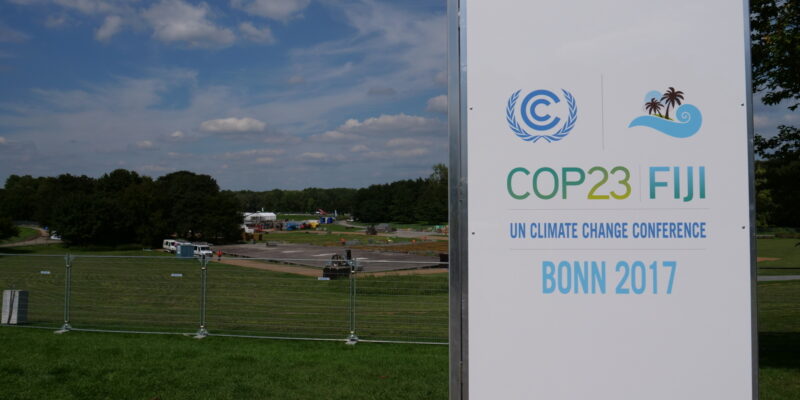Comment
Insights and expert analysis on climate issues.
Share
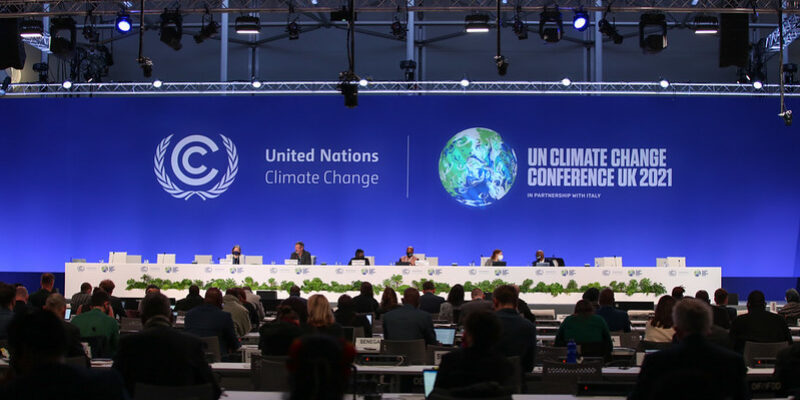
Facing the facts – the need for loss and damage finance can no longer be denied
Dr Olivia Serdeczny, Sneha Pandey
This article takes stock of the Loss and Damage negotiations at COP26, concluding that the need for developed countries to provide Loss and Damage financial support can and will no longer be ignored.
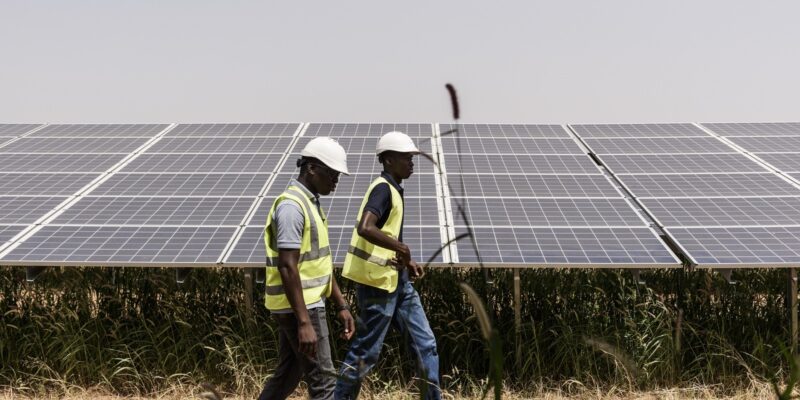
How West Africa can expand power supply and meet climate goals
Dr Robert Brecha
Expanding renewable energy and cross-border cooperation could allow developing countries in West Africa to leapfrog or at least minimise the commitment to a climate-damaging future of fossil-fuel energy generation while powering sustainable development. Our new research shows that combining smartly selected, sustainably managed hydropower projects with an expansion of solar and wind energy is a no-regrets way forward for this region.
(Also available in French)

Key Messages for Small Island Developing States from the IPCC 1.5°C Special Report
Dr Carl-Friedrich Schleussner
Small Island Developing States (SIDS) have been advocating for at least a decade for the establishment of 1.5°C as an upper limit for global average temperature increase - due to their high vulnerability to increased climate impacts. This latest IPCC 1.5°C Special Report provides the scientific assessment that supports the long-established cry of SIDS to limit global temperatures and the risks that threaten these small island nations.
En route to Katowice: Negotiators from Least Developed Countries prepare for COP24
Manjeet Dhakal, Dr Fahad Saeed

